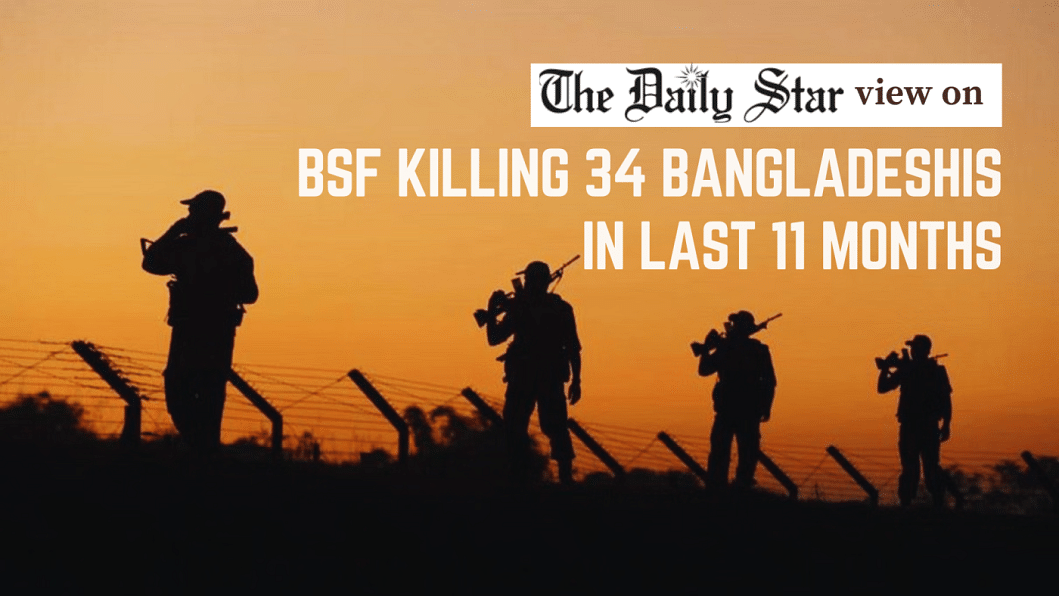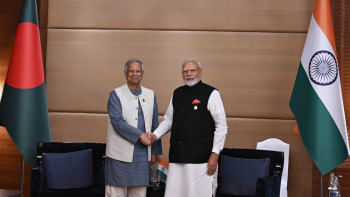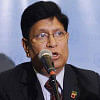BSF’s border killings must be challenged

We condemn the killing of at least 34 Bangladeshis by India's Border Security Force (BSF) during the first 11 months of the interim government's tenure. Data from Ain o Salish Kendra (ASK) shows that the figure stood at 30 in 2024 and 31 in 2023. This suggests that, despite India's repeated promises to ensure zero border killings, it has done virtually nothing differently over the years. In fact, according to an earlier estimate by the Human Rights Support Society (HRSS), over the past 10 years, at least 305 Bangladeshis have been killed and 282 others injured along the Bangladesh-India border. This further illustrates how deadly the border has become, largely due to the repeated use of lethal force by BSF.
Most recently, on July 25, two Bangladeshi youths were killed and another injured by BSF firing on the Indian side opposite the Bashpaudia border point in Parshuram, Feni. Reportedly, the three victims had entered India, crossing the zero line marked by barbed wire fencing, and were shot by BSF personnel. Two of them managed to return to Bangladeshi territory, and local residents took them to the Feni General Hospital where one died in the morning. The other was taken by BSF personnel to Bilonia Hospital in India, where he also died.
While we do not condone any illegal crossing of the border, there is absolutely no justification for BSF's consistent use of lethal force at every possible opportunity. Looking at the data, since Hasina's ouster on August 5 last year, the BSF has killed at least one Bangladeshi every month, with the exception of November.
India has recently added to these hostile border actions by pushing around 2,000 people into Bangladesh—including even Indian nationals and Rohingyas—since May 7. And it has done so by bypassing all established legal channels and international obligations. Unfortunately, despite repeated protests by our government, India has continued its illegal push-in campaign. Experts have described these push-ins as orchestrated human rights violations, flagrantly breaching bilateral protocols such as the 1975 Joint Guidelines and the 2011 Coordinated Border Management Plan.
Much like the Hasina government, the interim government has also failed to take a strong stance in the face of such provocative actions by India. It is, therefore, high time for our authorities to demonstrate greater boldness in raising these issues with New Delhi and to consider actively taking them up at regional and international forums.

 For all latest news, follow The Daily Star's Google News channel.
For all latest news, follow The Daily Star's Google News channel. 









Comments